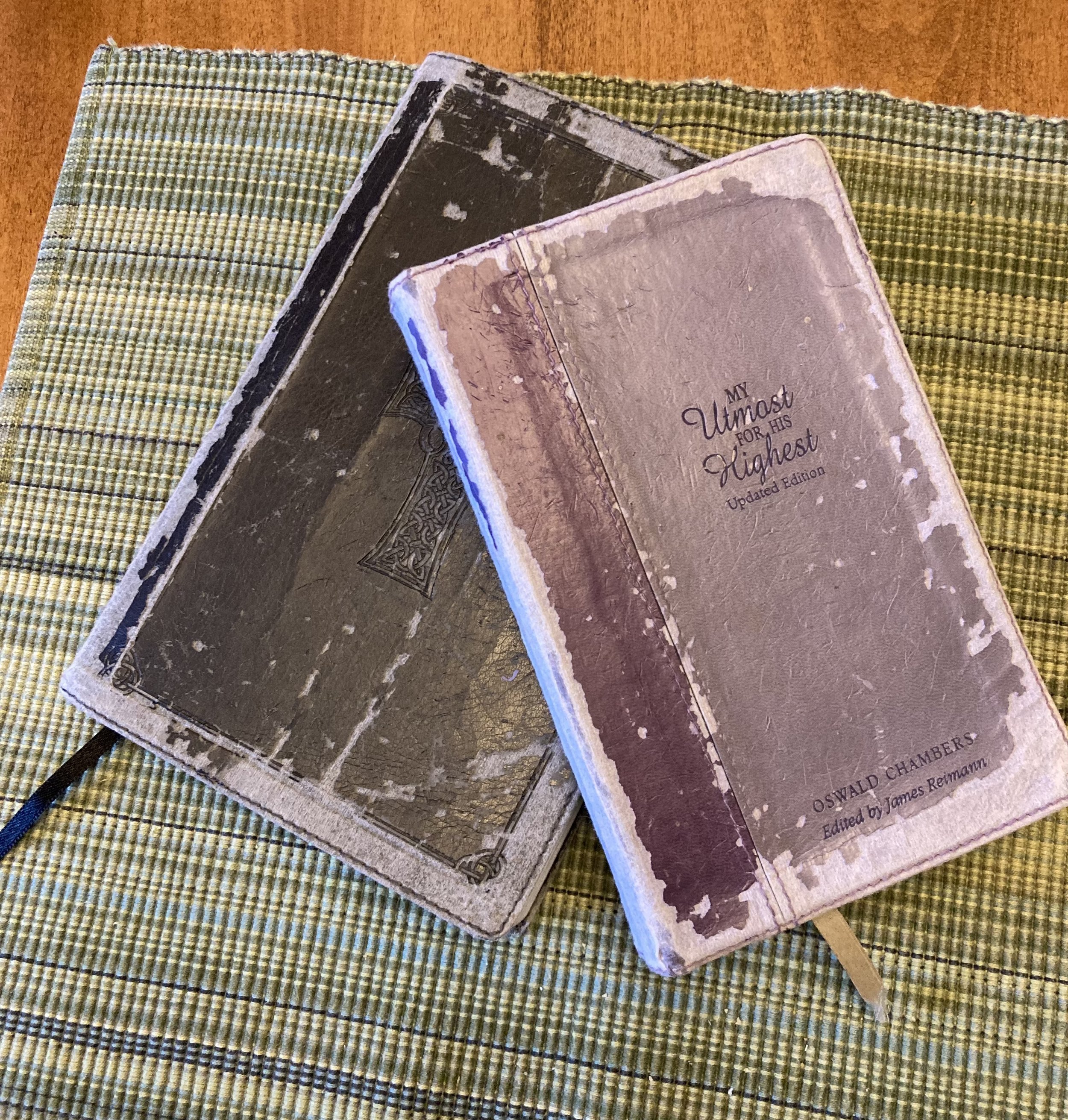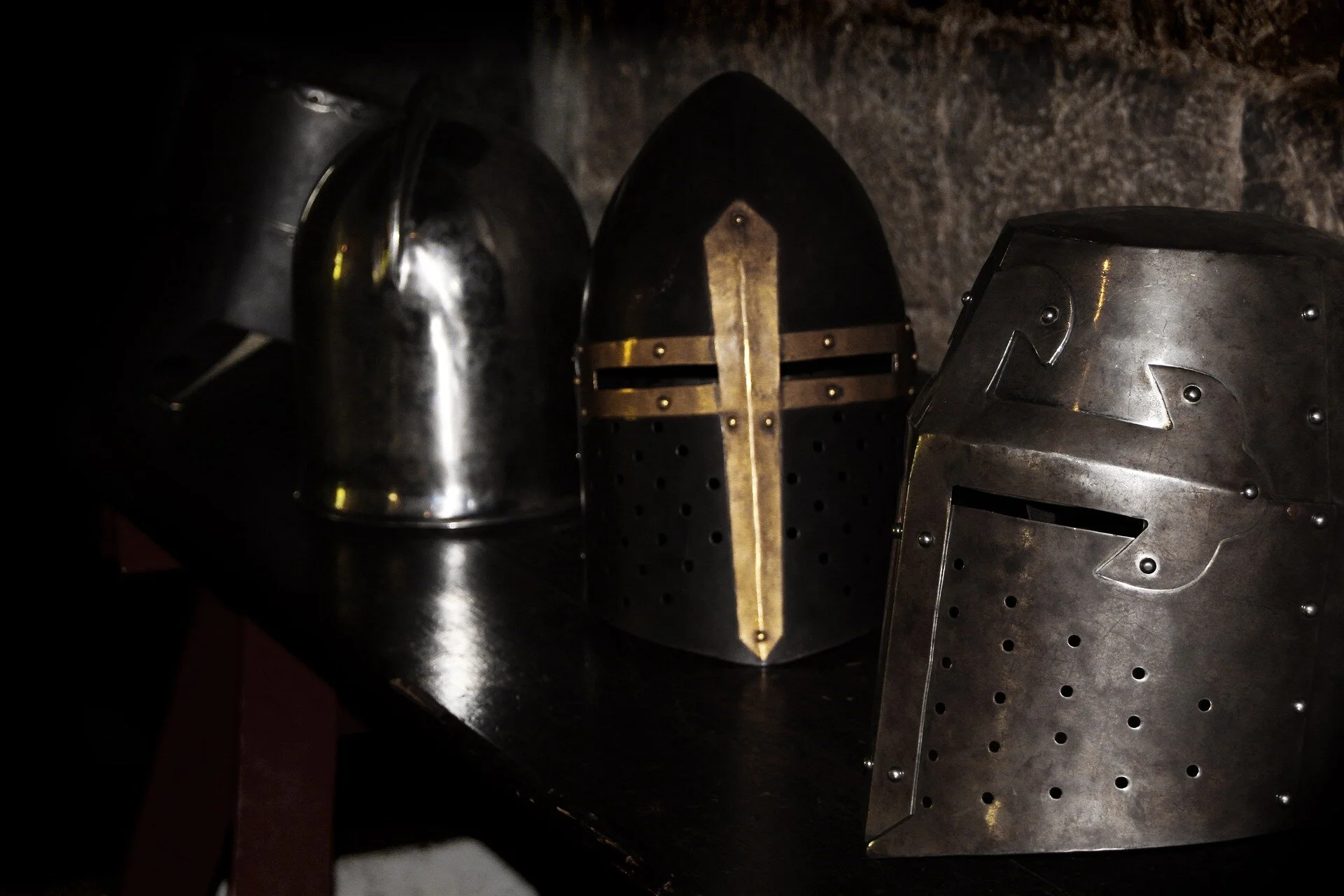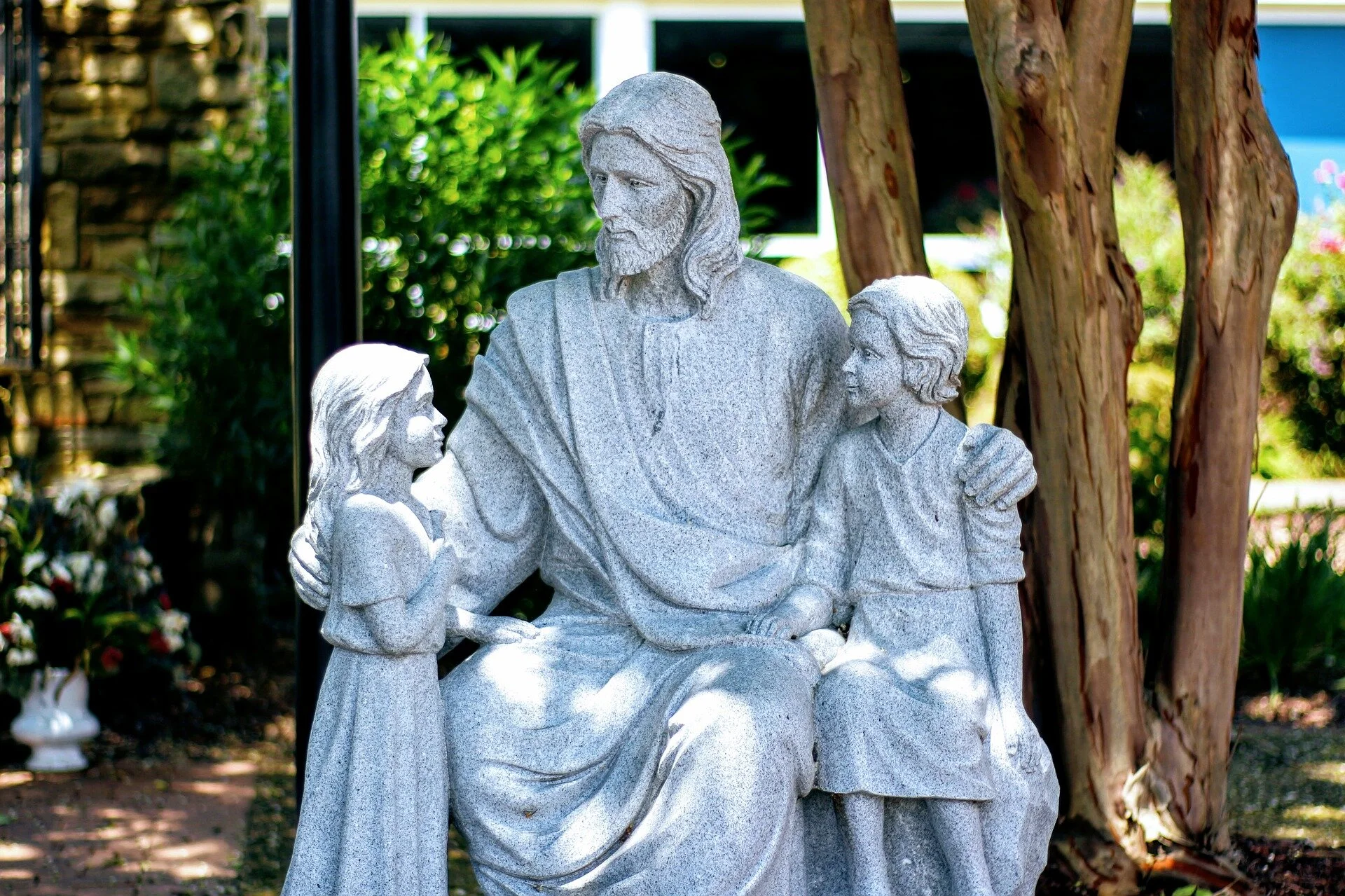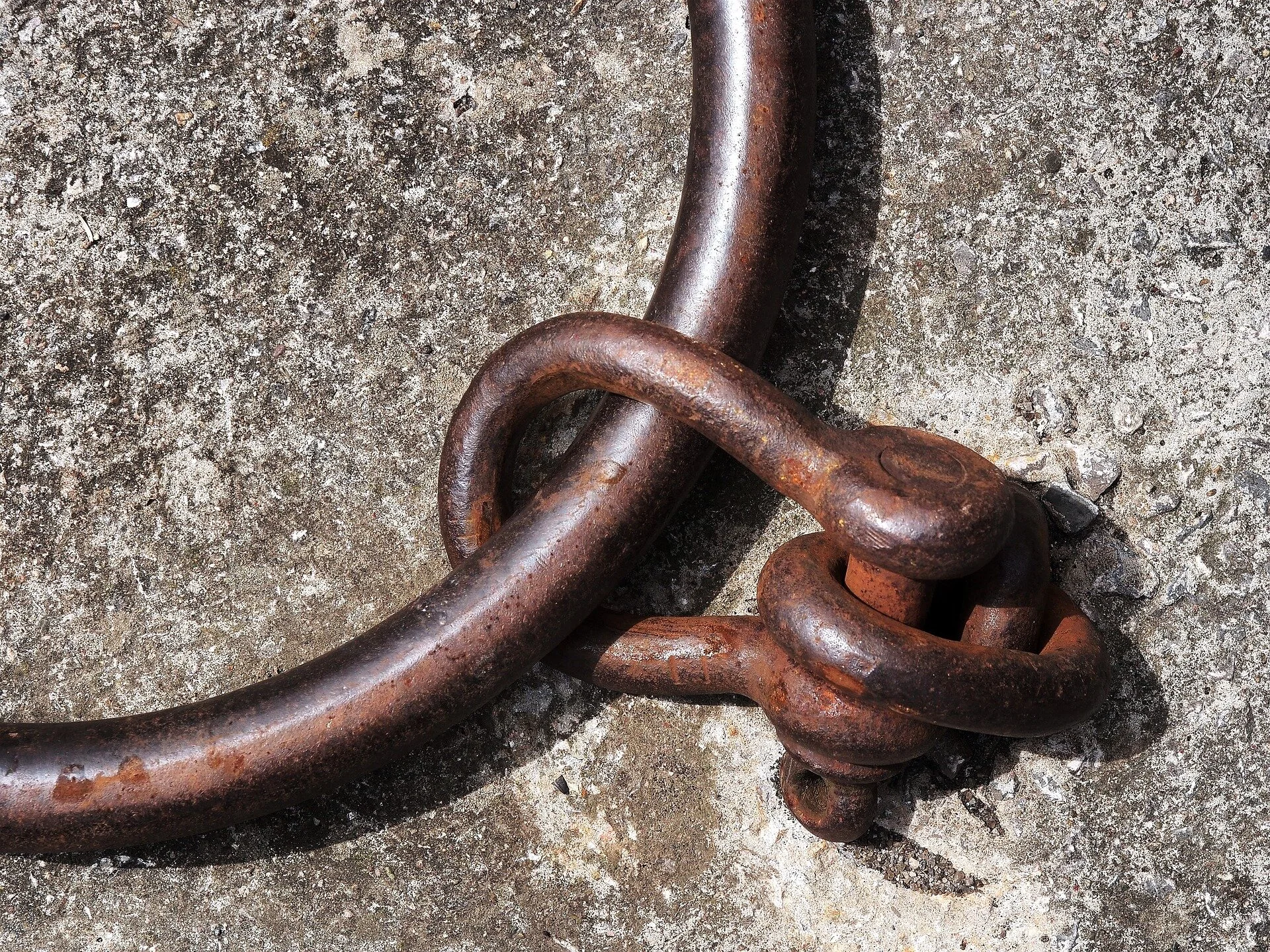Creative Christianity - The Widow's Quest: Part 1
The following piece begins a series based on the passage found in Luke 18:1-8. It presents a fictional account with allegorical aspects which coincide with the parable told by Jesus in those Scriptures. This is a fictional story with a world, and characters built by me. I hope you enjoy it.
Constance made her way through the narrow, muddy streets, thankful it was raining. A constant downpour washed away some of the surface filth making her feel there was a modicum of cleanliness here in the Rift. She kept her head down, the hood of her coat concealing her face. She didn’t want anyone to know where she was going. If they found out she was on her way to the Manor of Minward they would beat her until she was no longer recognizable. The Black Needles didn’t appreciate the people of their ward asking for help. They didn’t need help. They could make it on their own.
Image by Lucent_Designs_dinoson20 from Pixabay
Constance smirked beneath her hood. Neoplo “The Builder” De Caro wasn’t just known for building the run down, decaying ruins the people of the Rift had to live in, but for raising up the crime syndicate that preyed on the very people it was supposed to protect. She had seen enough; enough suffering; enough struggle; enough darkness. If the Lord of Minward was truly just, as she had often heard through her fourty-three years, why didn’t anything change? She was going to find out.
She was going to have to get past a few of De Caro’s check points. He wasn’t fond of people leaving his barony. He had an intricate web of knowledge woven together by his army of groveling lackeys. Constance learned from the time she was very young to blend in. She didn’t want to stand out. Being noticed by Neopolo, meant you became one of his, either that, or you conveniently disappeared. She felt bad for the younger people. De Caro’s appetite wasn’t just reserved for food and drink.
Constance felt bile rise in her throat, but she swallowed it, and clenched her fists. She wasn’t going to become just another of De Caro’s appetizers. She had to have hope; hope that the Lord of Minward would be able to make a change. Maybe he just wasn’t aware of how bad it was in the Rift. As the Lord of an entire city, he must be very busy, and maybe information wasn’t getting through due to De Caro’s influence.
The first check point loomed ahead. Her training in boiler maintenance should be able to get her through this one. She felt the tool bag by her side, then slid her hand into her coat pocket where the forged work papers printed on union stationary, and folded neatly, stayed dry from the down pour.
Image by Anna Veronika from Pixabay
Constance wasn’t alone in this quest. There were a few others who wanted a better life, and knew De Caro’s empire building wasn’t going to benefit them. She and Amos had formed a small group of other “believers”, which now was up to twenty members. They rarely all met together, but stayed in touch using messages sent via trusted couriers. Since the steam movement, and its subsequent advancements in communications, things like sending handwritten messages on foot had become obsolete. Now things were moved along through vast tubular networks both above and below ground pushed along by the compressed power of steam.
Amos had been like a little boy, completely enamored with the advent of the new Steam Era. He loved the machines, the gears, the noise and the power behind something so simple as heated water. She missed him terribly. It was coming up on five years since his death, but grief was relentless where darkness bred, and the Rift was a breeding ground for all that was dank, and miserable.
Constance took a deep breath and moved confidently to the first check point. Each check point held a small booth barely big enough for one person, but often occupied by several of Neoplo’s goons. There were three of them in this one. They were chatting and laughing. There were several other people in line.
When her turn came, Constance pulled the papers out of her pocket and quickly shoved them through the small opening in the window.
The man looked down on her, from where he sat in the dry, heated booth.
“You in a hurry there, lass?”
Constance wanted to quip back she was old enough to be his mother, but didn’t reply, just shrugged. She found the best thing to do was not engage. Once you started talking, they became interested. She waited, turning to look at the line that was forming behind her. That was a good thing. The more people waiting, the less time they would take to push you through.
The man stamped her papers and passed them back through the window. As she reached to take them, he wouldn’t let go. She looked up at his scruffy face.
Image by Sammy-Sander from Pixabay
“Smile, Sunshine. Life ain’t so bad. Doesn’t old De Caro take good care of his people?”
Constance swallowed the retort brewing in her gut, gave a shy smile and nodded her head.
“There we go! You have a good night now, lass!”
Constance placed the papers back in her coat pocket. As she walked away she let out a deep breath. One more check point to go.





































































